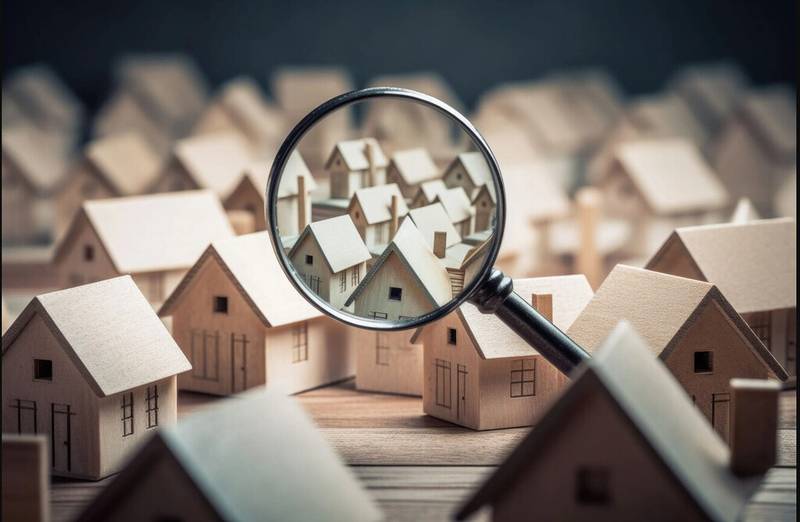Indonesia’s property market has a history of riding economic waves and it is poised for a potential boom in the coming years. With the recent elections ushering in the Prabowo-Gibran administration, analysts and industry insiders are buzzing with the prospect of a significant upswing. But will this be a calculated boom or a return to past cycles of volatility?
There’s undeniable optimism. Panangian Simanungkalit, a prominent property observer, points to some strong foundations:
– Robust Economic Growth: Indonesia’s economy has remained resilient, with first-quarter 2024 growth reaching 5.11% and full-year projections ranging from 4.7% to 5.5%. This strong foundation bodes well for the property sector, which thrives on a healthy economic climate.
– The 3 Million House Program: A key driver of optimism is the new government’s ambitious plan to build 3 million houses. This initiative will significantly reduce the current housing backlog and stimulate demand across the industry.
– Focus on People’s Well-being: The Prabowo-Gibran administration’s focus on social and economic equality is encouraging. Initiatives like the free nutritious food program with a budget of IDR 71 trillion demonstrate a commitment to improving living standards, potentially leading to increased property demand.
– Positive Psychological Impact: The government’s housing program injects a much-needed dose of confidence into the property development community. This optimism can translate into increased investment and project development.
Challenges and Collaborations
The government’s housing program is viewed by property entrepreneurs as an indicator of potential growth in the coming years.
While the outlook is positive, achieving a zero housing backlog by 2045 requires a collaborative effort. The government’s target of building 1.25 million houses annually necessitates active participation from private developers alongside continued public investment.
Overall, the property sector in Indonesia appears to be on the cusp of a promising period. A robust economy, coupled with the government’s ambitious programs, provides a strong foundation for future growth.
Panangian emphasized that the property sector is the main driver of the economy and makes a significant contribution to development. According to him, Indonesia’s next administration must see this sector as a big opportunity to drive the economy.
“It should be noted that the contribution of private developers in realizing the government’s vision is very large. This can be seen in the Jabodetabek area, where large-scale properties such as in Alam Sutera are driving the regional economy,” he said.
The post Indonesia’s Property Sector is Predicted to Improve under New Administration appeared first on Invest Indonesia.



